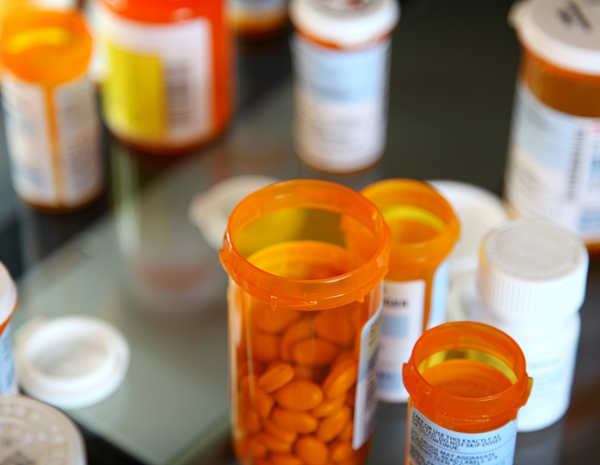Last month, as part of efforts to advance legislation reauthorizing the critical U.S. Food and Drug Administration (FDA) user fee agreements, the Senate HELP Committee included a dangerous proposal that would allow importation of potentially unsafe and counterfeit drugs into the United States. Importation schemes could directly undermine the safety and security of America’s prescription drug supply. This runs counter to the FDA’s goal of protecting and advancing public health and would threaten the agency’s continued ability to ensure patient access to safe and effective medicines.
What is so concerning about these importation schemes? Drugs that enter the United States through drug importation schemes would circumvent FDA’s review and approval process – the very process that that the prescription drug user fees are intended to fund – and would create opportunity for counterfeit, substandard and adulterated drugs to enter the United States with life-threatening consequences.
The nefarious ways in which criminal organizations reach Americans with dangerous counterfeit drugs is also an increasing concern. A recent article in the New York Times outlined how some teenagers are now buying counterfeit prescription drugs on social media websites with deadly consequences, not knowing the drugs could be laced with illicit fentanyl. This is alarming when you consider recent data from the Centers for Disease Control and Prevention (CDC) showing fentanyl-related overdose deaths exceeded 100,000 for the first time in the most recent 12-month period. Specifically, CDC cited the prevalence of counterfeit pills laced with fentanyl as a key part of this growing tragedy.
Law enforcement both in the United States and around the world are constantly working to stop these activities, but the threat of counterfeit, adulterated or substandard drugs is very real and one that should not be overlooked. In one month alone, Interpol seized 9 million fraudulent medical devices and illicit pharmaceuticals in an operation that shut down thousands of fake online pharmacies. Just last year, the Department of Justice continued a string of convictions involving millions of dollars’ worth of dangerous prescription medications intended to be sold in the United States illegally. These imported drugs circumvented the FDA and secure supply chain via fake companies and websites.
The bottom line? Criminal organizations are eager to take advantage of any opportunity to flood a market with counterfeit drugs.
Importation proposals like those included in the recent Senate markup of the Food and Drug Administration Safety and Landmark Advancements Act risk further opening our system to existing and potentially more bad actors looking to take advantage of any opportunity to make more money. If new channels are created to circumvent the FDA’s gold standard for review and approval of medicines, then even more counterfeit, substandard or adulterated drugs are likely to be introduced jeopardizing our secure drug supply chain with potentially deadly consequences.
Law enforcement is challenged enough to stem the flow of counterfeit, adulterated or substandard drugs, and drug importation schemes would only heighten the burden and undermine the ability of law enforcement to keep Americans safe.
Ensuring patients have access to needed medicines is critical, but the unchecked and unregulated importation of drugs from other countries poses a serious risk to public health. Learn more about the dangers of importation.





